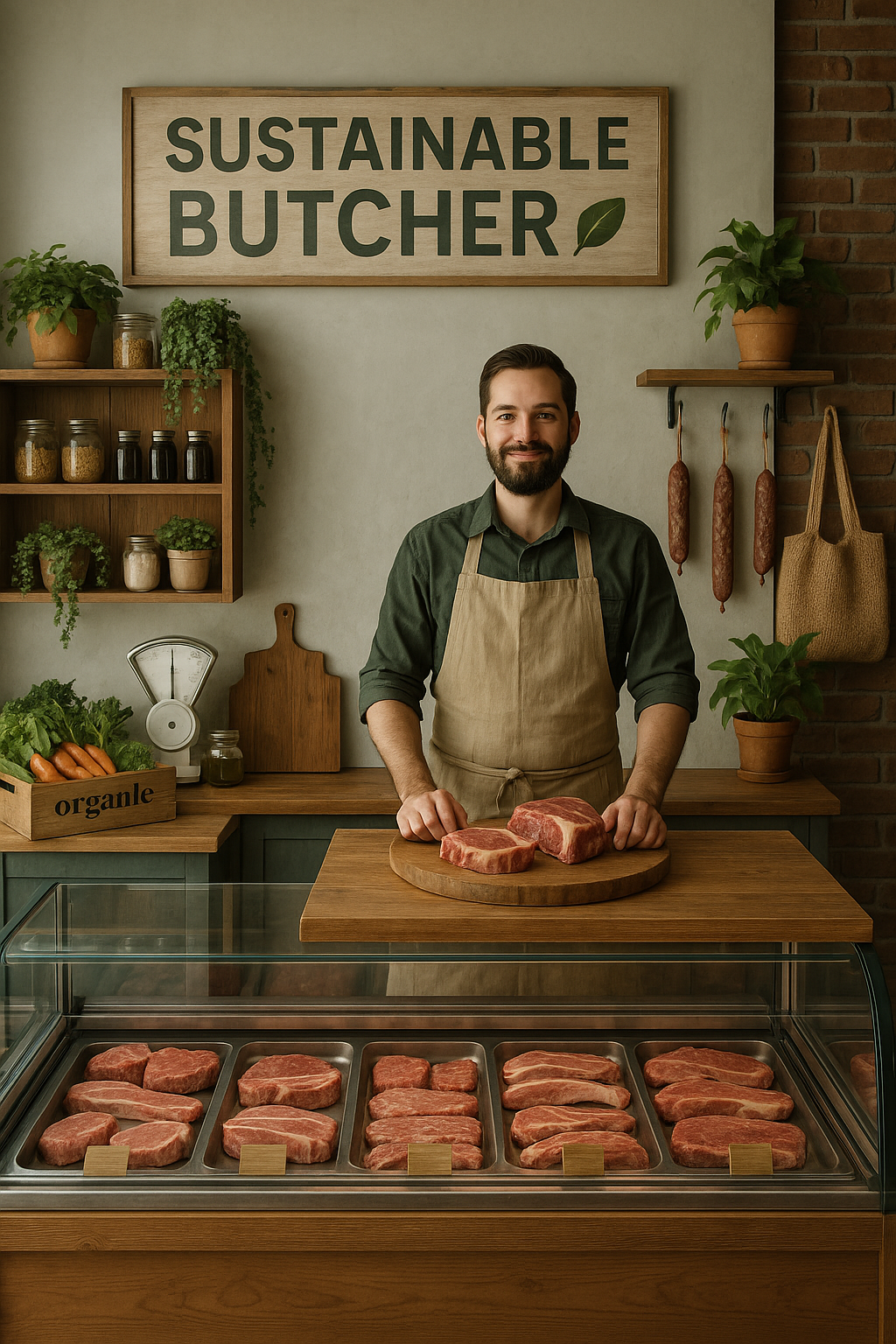
For many consumers now, sustainability is an expectation. They want to know more about the origins of their food. So for butchers, understanding sustainability frameworks and making truthful claims can help build trust, loyalty and long-term success.
The Australian Beef Sustainability Framework (ABSF) is a valuable reference point for butchers when discussing where beef comes from and how it’s produced. An initiative of the Australian beef industry, the ABSF tracks how the industry is improving across animal welfare, environmental stewardship, economic resilience, and how it is supporting people and communities.
The ABSF isn't a certification scheme or a management checklist for individual businesses. Instead, it provides transparent reporting on industry-wide progress.
Why butchers need to be mindful with sustainability claims
Today’s customers are savvy, and regulators are paying attention too. The Australian Competition and Consumer Commission (ACCC) has made tackling ‘greenwashing’ a key priority. Greenwashing is when businesses make environmental claims that are exaggerated, vague or simply false.
For butchers, the risks of greenwashing include hefty penalties and, even more damaging, a loss of customer trust.
What makes a good sustainability claim?
According to MLA’s producer checklist, there are some simple principles to follow:
- Be accurate and truthful: Make sure any environmental claim you make — whether on packaging, signage or social media — is backed up by solid evidence.
- Be clear: Instead of saying ‘eco-friendly beef’ you could say ‘sourced from producers aligned with the specific standard’ (if true).
- Avoid broad, sweeping terms: Words like ‘green’ or ‘sustainable’ should always be explained with context.
- Stay up to date: If your suppliers change or new information comes to light, review your claims to make sure they’re still accurate.
- Keep records: If you rely on a supplier’s information, have it documented.
Know the facts
Jacob Betros is MLA’s Manager – Beef Sustainability and manages the ABSF. He says it’s important that butchers know how to ask the right questions of their suppliers.
“Essentially, have an open dialogue with your suppliers. Chat to them and see what their claim is, then ask for the evidence to back it up,” he says.
“At the moment, the number one issues are climate and carbon. Don’t rely on, ‘Yep, it’s carbon friendly’ or ‘It’s carbon neutral.’ If you want to make that claim in store, you need to make sure it’s been certified.”
Jacob also advises that when talking to customers, butchers be attentive but confident in the claims and information they pass on.
“Clear, understandable, meaningful language builds trust, and trust is key to developing those relationships.”
“Customers don’t necessarily want to know the nitty gritty details of the sustainability. They just want to trust that a product was produced sustainably. So ensure you can guarantee them that the claim you’re making is trustworthy.”
By being thoughtful about how you talk about sustainability, you can strengthen your reputation and avoid the risks of misleading claims.
“The expectation shouldn’t be that butchers know all the details,” Jacob says, “but they should be able to trust the details they’re providing.”

